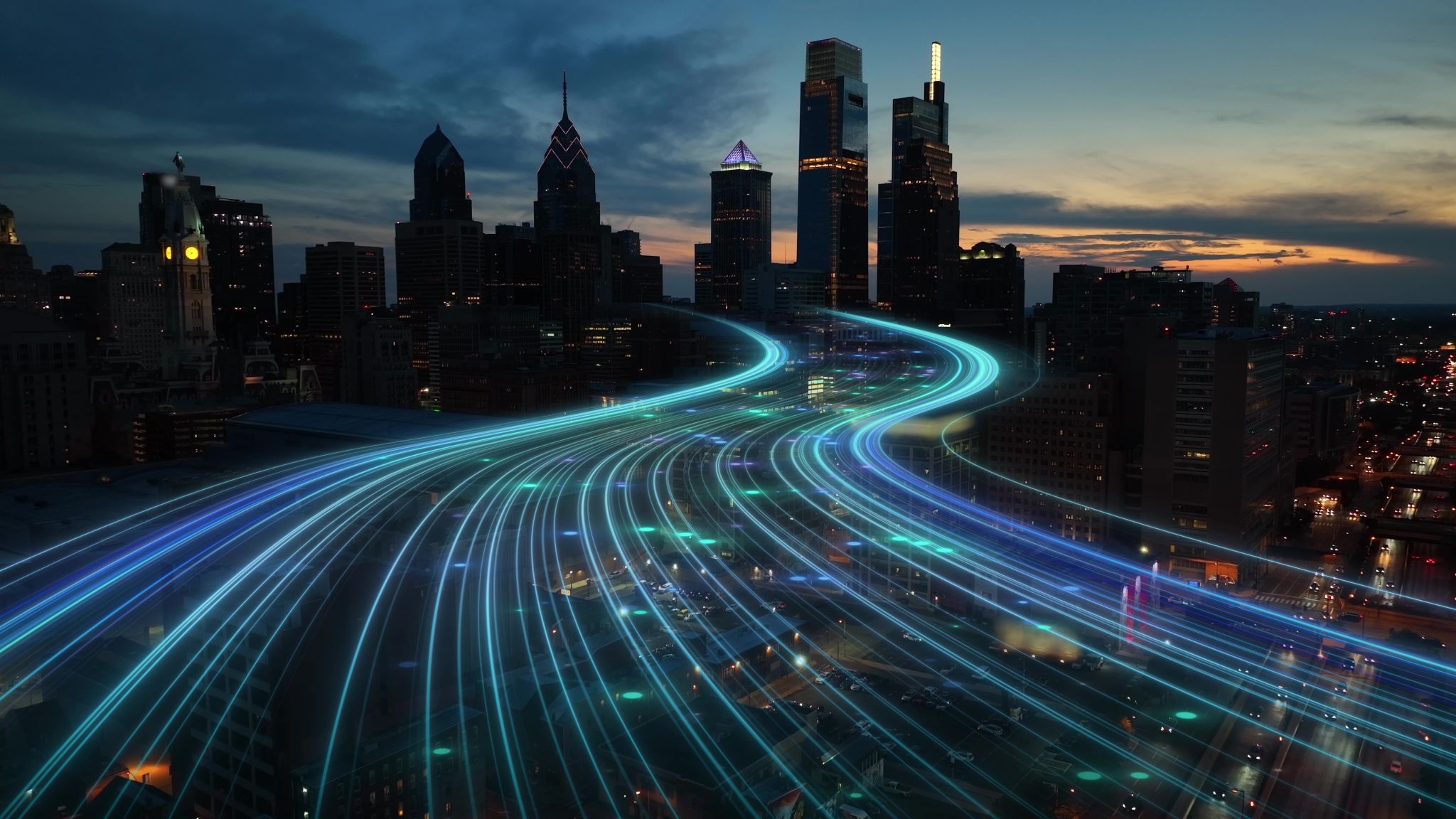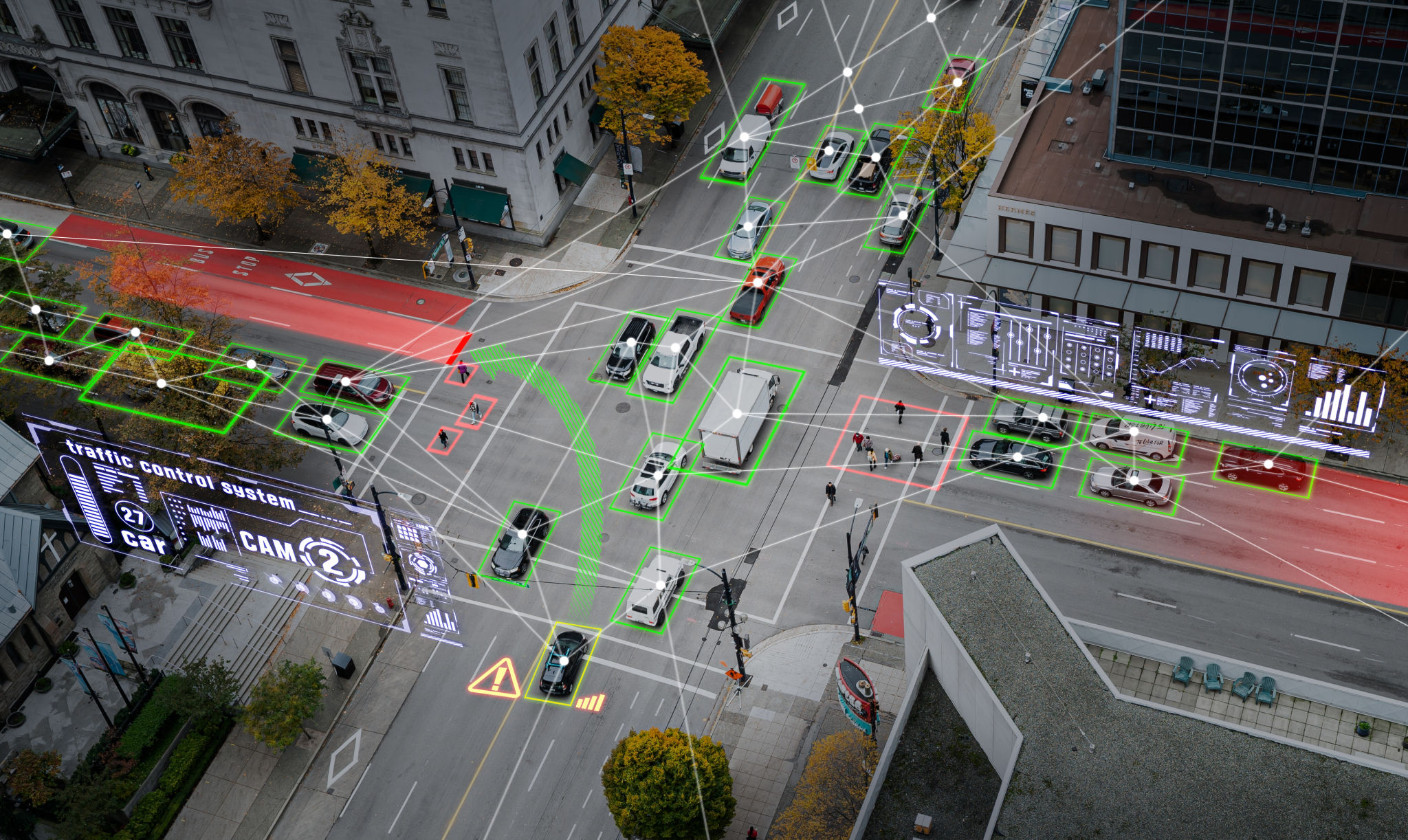Smart City Initiatives: A Guide to Implementing AI in Urban Development
As urban populations continue to grow, cities face increasing pressure to enhance infrastructure, improve services, and manage resources efficiently. Smart city initiatives, powered by artificial intelligence (AI), are at the forefront of transforming urban environments. By implementing AI, cities can not only optimize operations but also improve the quality of life for residents.

Understanding Smart City Initiatives
Smart city initiatives involve the integration of technology and data-driven solutions to address urban challenges. These initiatives focus on creating sustainable, efficient, and livable cities by leveraging advanced technologies such as IoT, big data, and AI. The goal is to enhance urban services, improve decision-making, and promote economic growth.
AI plays a crucial role in smart city initiatives by providing intelligent solutions for complex urban problems. From traffic management to waste management, AI enables cities to analyze vast amounts of data in real-time, leading to more informed decisions and proactive measures.
Key Areas of AI Implementation
Implementing AI in urban development can be categorized into several key areas:
- Transportation: AI can optimize traffic flow, reduce congestion, and enhance public transport efficiency through predictive analytics and real-time monitoring.
- Energy Management: Smart grids powered by AI help monitor and manage energy consumption, leading to reduced waste and increased sustainability.
- Public Safety: AI-driven surveillance systems improve security by detecting and responding to incidents faster, ensuring safer urban environments.

Steps to Implement AI in Urban Development
For cities planning to implement AI in their development strategies, the following steps can serve as a guide:
- Identify Priorities: Determine which areas of urban development would benefit most from AI integration based on current challenges and future goals.
- Collaborate with Stakeholders: Engage with government agencies, technology providers, and the community to ensure a collaborative approach to AI implementation.
- Invest in Infrastructure: Build the necessary technological infrastructure, such as sensors and data centers, to support AI applications.
- Focus on Data Security: Implement robust data protection measures to safeguard citizen information and maintain trust.
Challenges and Considerations
While AI presents numerous opportunities for urban development, cities must also address potential challenges. These include data privacy concerns, the need for skilled personnel, and the risk of technology obsolescence. Establishing clear policies and frameworks is essential to mitigate these risks and ensure successful AI integration.

Moreover, cities must consider scalability when implementing AI solutions. As urban environments evolve, technologies must be adaptable to changing needs and capable of supporting future growth. Continuous evaluation and adjustment are necessary to maintain the effectiveness of AI-driven initiatives.
The Future of Smart Cities
The future of smart cities lies in their ability to harness the power of AI to create more connected, efficient, and sustainable environments. By fostering innovation and embracing technology, cities can enhance their resilience and adaptability in the face of emerging urban challenges.
Ultimately, smart city initiatives powered by AI hold the promise of transforming urban living for the better. By leveraging intelligent systems and data-driven insights, cities can improve services, reduce environmental impact, and provide a higher quality of life for their communities.

